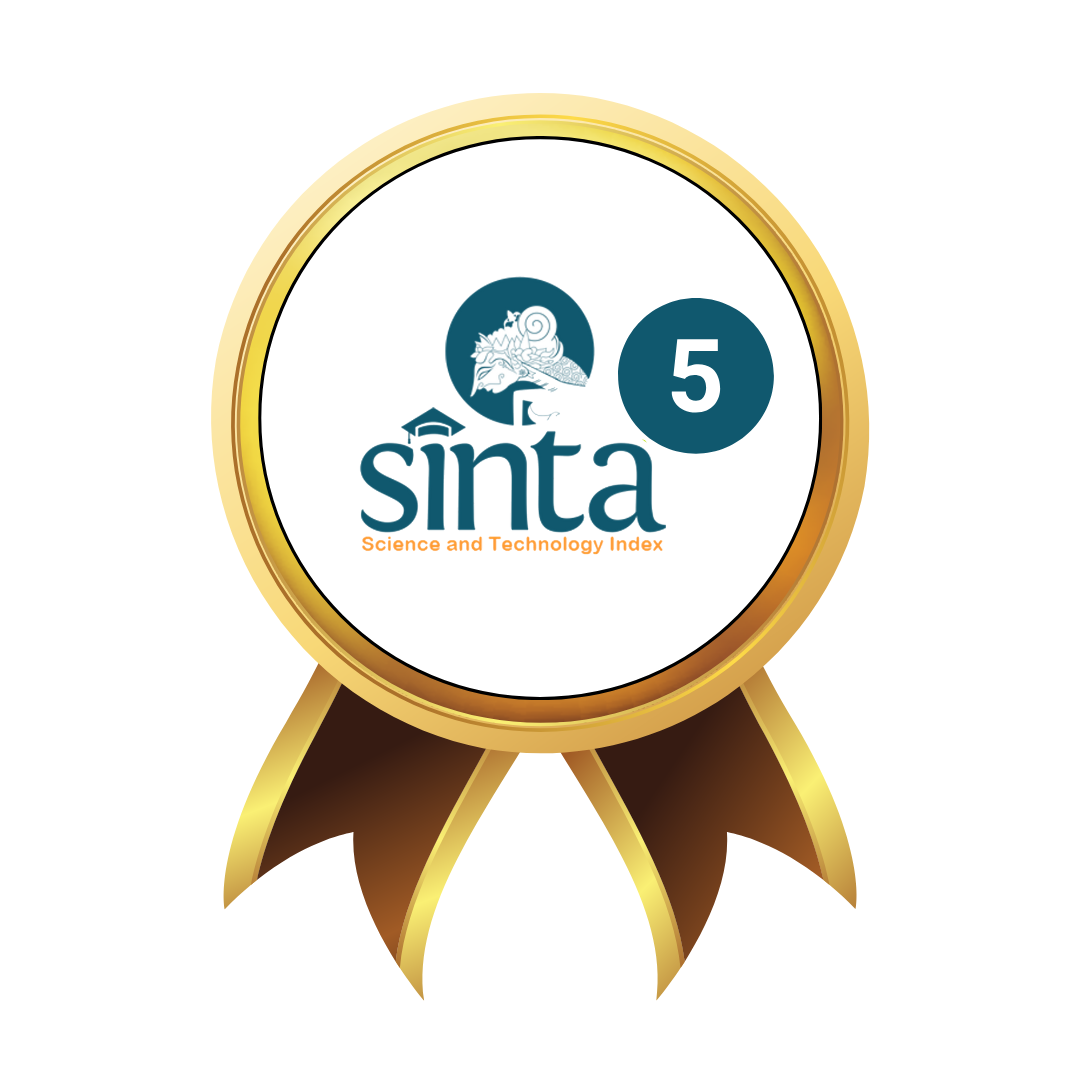Macam-Macam Konsep Kurikulum
DOI:
https://doi.org/10.25217/wisanggeni.v5i1.6009Keywords:
Curriculum, Integrative Learning, 21st Century EducationAbstract
The curriculum is the main device in education that functions as a guideline for learning and the learning process as well as an evaluation tool for learning. There are four approaches in the curriculum, namely academic curriculum, humanistic curriculum, social reconstruction, and technology. Each has different characteristics, ranging from mastery of knowledge, personal development, social problem solving, to the utilization of technology. All four approaches have their own advantages and disadvantages, but in practice, they have not been optimal. An integrative approach that combines all four is deemed relevant in the modern era because it can create holistic, contextual, and learner-centered learning. This integration supports the formation of intelligent, character-building individuals who are prepared to face the challenges of the 21st century.
References
Camelia, F. (2020). Analisis Landasan Ilmu Pengetahuan dan Teknologi dalam Pengembangan Kurikulum. SAP (Susunan Artikel Pendidikan), 5(1). https://doi.org/10.30998/sap.v5i1.6474
Dedi Lazuardi. (2017). 1112-1988-1-Sm. MANAJEMEN KURIKULUM SEBAGAI PENGEMBANGAN TUJUAN PENDIDIKAN Dedi, 1, 99–112.
Fajri, K. N. (2019). Proses Pengembangan Kurikulum. Islamika, 1(2), 35–48. https://doi.org/10.36088/islamika.v1i2.193
Fitri, T., & Hasibuan, R. (2024). Transformasi Pembelajaran Bahasa Arab Di Sekolah Dasar Islam Terpadu Alam Talago: Pendekatan Kurikulum Berbasis Teknologi. Journal in Teaching and Education Area, 1(1), 113–129. https://doi.org/10.69673/vwd5c048
Nur Ahid. (2017). Konsep Dan Teori Kurikulum Dalam Dunia Pendidikan. Islamica, 1(1), 36–37.
Priyono, A., Ismail, A. N., Wardani, R. N., Mardiyanti, D., & Bariroh, L. (2021). Integrasi Manajemen Kurikulum Sebagai Upaya Peningkatan Mutu Pembelajaran Di Sekolah. DINAMIKA : Jurnal Kajian Pendidikan Dan Keislaman, 6(2), 83–112. https://doi.org/10.32764/dinamika.v6i2.2014
Rohim, M., & Muadin, A. (2023). Pengembangan Kurikulum Pendidikan Agama Islam Melalui Model Pendekatan Humanistik, Subjek Akademik Dan Rekonstruksi Sosial. Jurnal Pendas Mahakam, 8(2), 202–208.
Safarudin, L. O. M., & Rusman, R. (2022). Model Implementasi Kurikulum Ornstein dan Hunkins: (Modernisme dan Postmodernisme). Inovasi Kurikulum, 18(2), 141–156. https://doi.org/10.17509/jik.v18i2.36396
Siti Rohmah Kurniasih, Erni Haryanti, & A. Heris Hermawan. (2023). Integrasi Ilmu dan Iman dalam Kurikulum: Studi Kasus pada Sekolah Dasar Islam Terpadu. Jurnal At-Thariqah, 8(11607), 1–17. https://doi.org/10.25299/al-thariqah.2023.vol8(1).11607
Ummah, M. S. (2019). No 主観的健康感を中心とした在宅高齢者における 健康関連指標に関する共分散構造分析Title. Sustainability (Switzerland), 11(1), 1–14. http://scioteca.caf.com/bitstream/handle/123456789/1091/RED2017-Eng-8ene.pdf?sequence=12&isAllowed=y%0Ahttp://dx.doi.org/10.1016/j.regsciurbeco.2008.06.005%0Ahttps://www.researchgate.net/publication/305320484_SISTEM_PEMBETUNGAN_TERPUSAT_STRATEGI_MELESTARI
Downloads
Published
How to Cite
Issue
Section
License
Copyright (c) 2025 Wantono, Sari Hermawati

This work is licensed under a Creative Commons Attribution-ShareAlike 4.0 International License.



